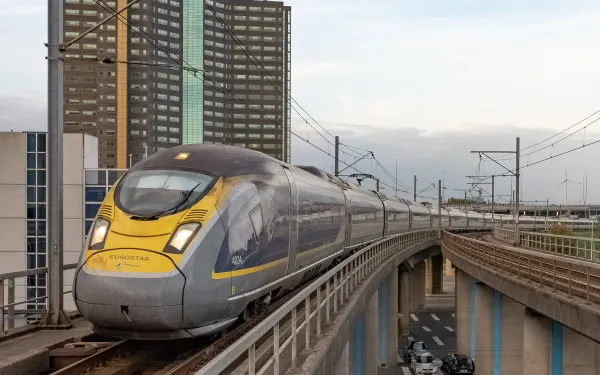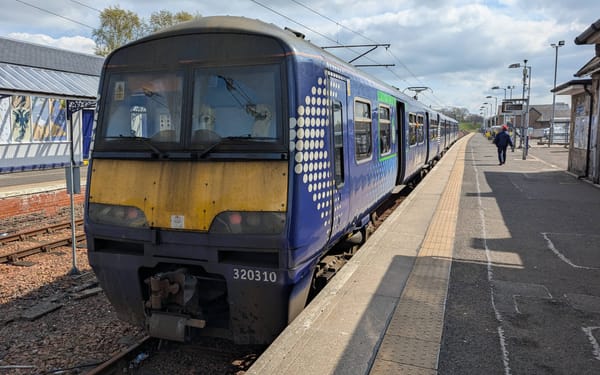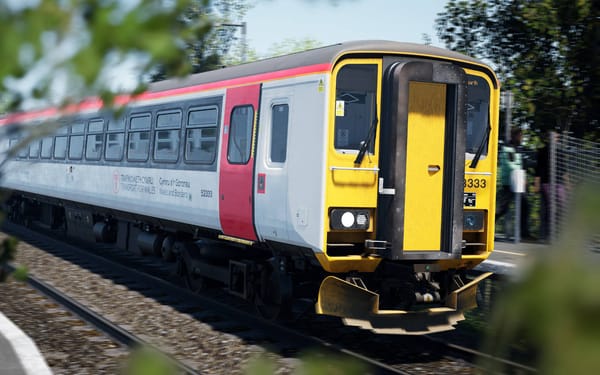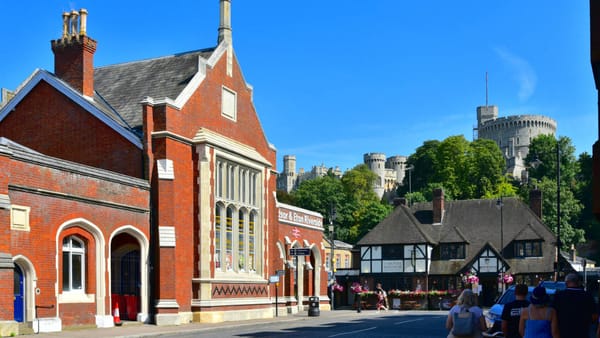0.9% Fare Increase for Railcard Users from September 15
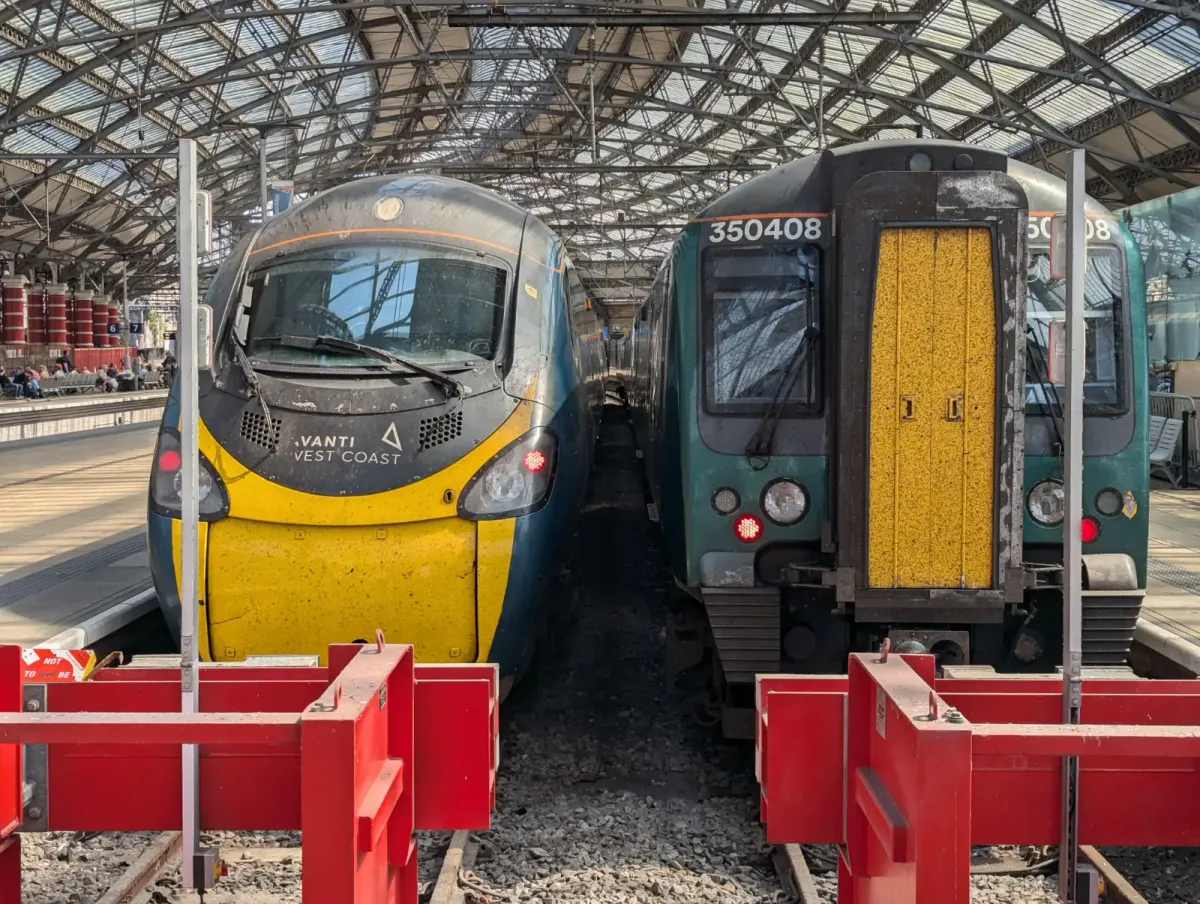
A closer look at train fares with a Railcard discount for 14 and 15 September 2024 reveals a subtle but important change. On Saturday, they're one price, but on Sunday they're another price — slightly more expensive, in fact. And no, this is not to do with the dynamic pricing of advance single tickets.
See how the usually fixed-price return tickets or fully flexible single tickets are more expensive starting 15 September. Then check without the Railcard discount and you'll find that the fare remains the same across the weekend and beyond.
So, what's happening? Railcards advertised as offering a third off rail travel are having their discounts reduced, which will make rail travel slightly more expensive for millions of passengers.
They will still offer a third off rail travel, but train operating companies previously calculated the discount at 34%; from 15 September 2024, the Railcard discount will be calculated at 33.4%. In other words, any given train ticket will be approximately 0.9% more expensive than before for someone with, for example, a 16-25 or Disabled Persons Railcard.
The change will not affect holders of Railcards that halve the cost of train tickets, such as the 16-17 Saver. It also will not affect the standard fare without a Railcard.
But for those affected, this will be the second increase in rail fares this year. It follows the rise of up to 4.9% that came into effect on 3 March 2024.
And, as opposed to the previous increase, there has been no communication of the decision to change the way that Railcard discounts are calculated. Many passengers will be completely unaware of the change when it comes into effect later this month.
According to the PA news agency, the National Rail Enquiries website was updated in June 2024 to remove references to the 34% figure.
A flexible single ticket for a LNER service between London King's Cross and Edinburgh Waverley will soon cost £132.90, up from £131.70. An open off-peak return ticket from York to Birmingham New Street will cost £55.25, up from £54.75.
Train operating companies are looking to increase their revenue from passengers, which are still down from before the pandemic. This amounted to £10.3 bn in 2023-24, compared to £12.7 bn in 2019-20, as reported by the Office of Rail and Road.
Meanwhile, this is likely only to reinforce the notion that many train tickets across Great Britain are too expensive.


